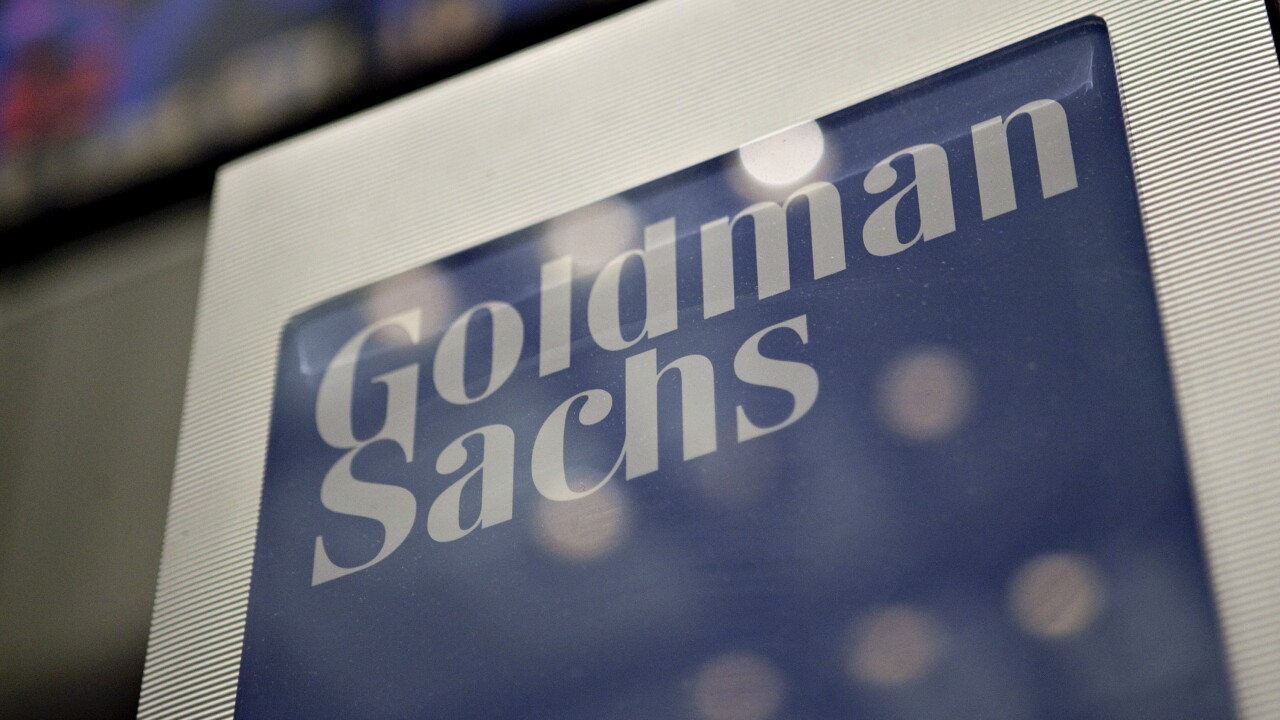Investors reaching or in retirement are much more likely to stay in the stock market if they’re invested in financial products that provide guaranteed income. That was one of the major findings this week from an online survey Prudential conducted in May of this year.
Prudential found that 84% of the 1,000 Americans polled would remain in the stock market -- even if they were to experience short-term losses -- if they had guaranteed investment products in their portfolios. That’s up 10% from 2006.
“While annuities and other products that guarantee a stream of income can help meet Americans’ retirement income needs, this research demonstrates that such products are also more likely to keep people invested in the stock market,” said Stephen Pelletier, president of Prudential Annuities.
Prudential surveyed investors in what it calls the “retirement red zone,” the critical period before and after individuals retire when financial decisions matter most. The participants were primary or joint household financial decision-makers between the ages of 45 and 75 with household income and investable assets of at least $100,000 and retirement savings of at least $100,000. Similar studies were conducted in 2009 and 2006.
The survey showed that Americans have become more aware of guaranteed retirement income products over the last five years. More than eight in 10 see them as a valuable addition to their portfolio.
In an interview, Robert Snow, a certified financial planner with Morgan Stanley Smith Barney, explained that the creditworthiness of the underlying company making the guarantee plays a role in an investor’s comfort level with the product. If it’s guaranteed by the FDIC, for example, investors are more likely to stay in the market, he said.
The survey also found that Americans are more worried about retirement investment strategies than they were five years ago. Nearly three-quarters are concerned about a significant decline in the stock market immediately before or after their retirement.
Interestingly, investors reported becoming more self-reliant. While the majority of the participants said they relied on financial professionals to help them with their investment decisions, the percentage of do-it-yourself investors grew over the past two years from 23% in 2009 to 32% in 2011.





